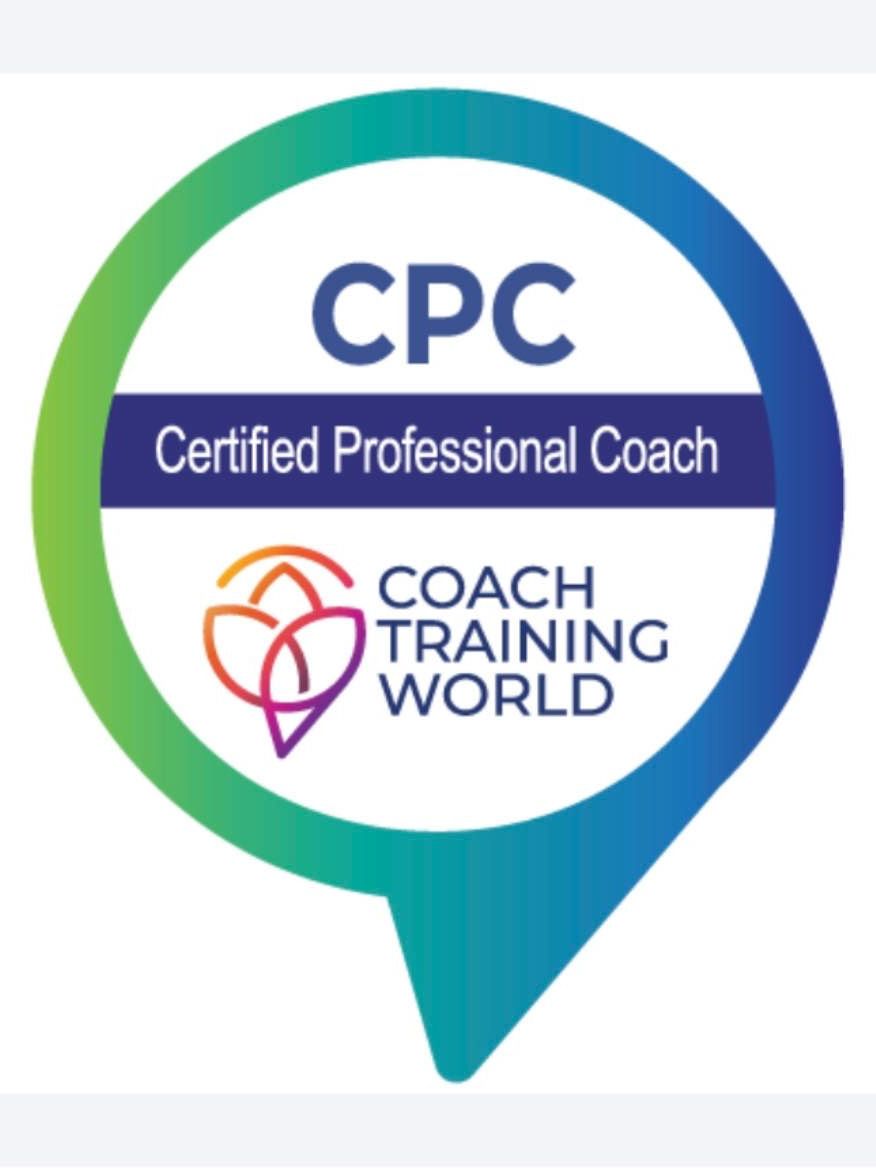Communicating Without Guilt
Communicating Without Guilt: How To Ask For What You Need In a Relationship
Many people struggle to ask for what they need in relationships, not because they don’t know what they want, but because they feel guilty for asking. Whether it’s fear of being a burden, past experiences of rejection, or simply not wanting to “rock the boat,” guilt can keep us silent—often at the cost of our happiness and connection.
But here’s the truth: expressing your needs isn’t selfish—it’s necessary. Healthy relationships thrive on open, honest communication, and your feelings deserve space just as much as your partner’s.
Why Do We Feel Guilty for Asking?
Guilt around communication often stems from:
• Fear of being seen as needy or “too much”
• Past experiences of being ignored or dismissed
• Cultural or family conditioning (“Don’t make a fuss,” “Put others first”)
• Worrying about upsetting your partner
While it’s normal to want to keep the peace, suppressing your needs leads to resentment, frustration, and disconnection. Instead of avoiding the conversation, let’s talk about how to ask for what you need—without guilt.
1. Reframe Your Beliefs About Needs
You are not being selfish for having needs. Every relationship—romantic, platonic, or professional—requires give and take.
Instead of thinking:
❌ “I shouldn’t bother them with this.”
Try:
✅ “My feelings matter just as much as theirs.”
When you shift your mindset, it becomes easier to speak up with confidence rather than hesitation.
2. Use “I” Statements to Own Your Feelings
Instead of making your request feel like blame, focus on your own feelings and experiences.
❌ “You never make time for me.” (Blame)
✅ “I feel disconnected when we don’t spend time together. Can we plan a night just for us?” (Request)
This keeps the conversation open and makes it easier for your partner to hear you without becoming defensive.
3. Practice Small Requests First
If asking for what you need feels overwhelming, start small.
• Ask your partner to pick up something for you at the store.
• Request a hug when you’ve had a hard day.
• Share a preference (e.g., “I’d love to sit by the window at dinner”).
The more you practice, the easier it becomes to speak up about bigger needs without guilt.
4. Release the Fear of “No”
One major reason people avoid expressing their needs is the fear of rejection. But hearing “no” doesn’t mean your feelings are invalid. Instead of taking it personally, try shifting your mindset:
❌ “They don’t care about me.”
✅ “They might not be able to meet this need right now, but that doesn’t mean I don’t deserve to ask.”
If your partner can’t meet your need, explore compromises or other ways to find fulfillment.
5. Trust That Your Needs Are Worthy
A healthy relationship isn’t about one person sacrificing for the other—it’s about mutual understanding and support. If you feel guilt creeping in, remind yourself:
✔ Your feelings are valid.
✔ Your needs matter.
✔ You are allowed to ask for support without apologizing for it.
Support At Any Stage
In my coaching, I help individuals at every stage of their relationship journey—whether you’re considering opening yourself up to a relationship again after past hurt or navigating the complexities of a long-term partnership.
If you’ve been wounded before, I guide you in rebuilding trust, setting healthy expectations, and understanding your needs before stepping into something new.
For those already in committed relationships, I support you in communicating your needs with clarity and confidence, ensuring your relationship remains a space of mutual respect and fulfillment. No matter where you are, my approach focuses on self-awareness, emotional resilience, and actionable strategies to create the connections you truly deserve.
When you communicate without guilt, you create space for deeper connection, trust, and understanding. So start today—speak up, ask for what you need, and know that your voice matters. Reach out if you would like a free connection call and hear about how I can support you in your communication journey.













